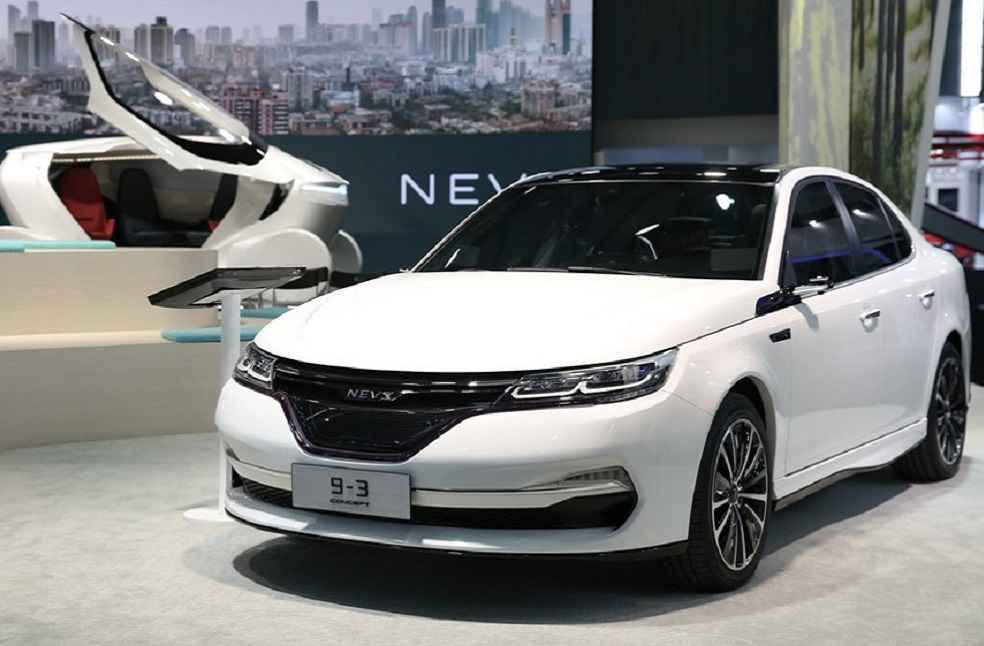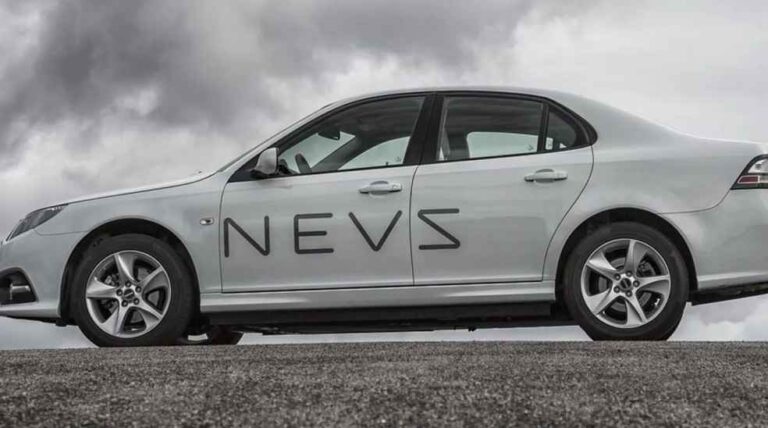Foreign auto companies are ramping up their presence in China’s rapidly growing new energy vehicle (NEV) market, capitalising on development opportunities through increased investment, strategic partnerships, and innovation tailored to local consumer demand.
As the global automotive industry pivots from internal combustion engines to NEVs, international brands are deepening their engagement in China—now the world’s largest NEV market. Helmut Stettner, CEO of Audi FAW NEV, noted that China’s transition to electric mobility is accelerating, particularly in the premium segment. “Despite some challenges, it continues to offer significant growth potential for Audi. We want to and will participate in this development,” he said.

Recent collaborations underline this momentum. In March, BMW partnered with Chinese tech firm Huawei to create an in-car digital ecosystem suited to Chinese users. Tesla’s Shanghai-based Megafactory, its first outside the U.S., exported its initial batch of Megapack energy-storage batteries this month.
China’s advantages—such as a supportive business environment, robust industrial and supply chains, and forward-looking consumers—are key drivers for foreign investment. Gao Yuning, deputy dean at Tsinghua University’s School of Public Policy and Management, highlighted these strengths, noting the country’s appeal for global auto brands.
In 2024, China produced and sold over 12 million NEVs, reinforcing its global leadership. The country now supplies 70% of the world’s battery materials and 60% of power batteries. Government incentives, including purchase subsidies and widespread charging infrastructure, have further stimulated the market. According to the Ministry of Commerce, more than 60% of vehicles bought under the 2024 replacement subsidy scheme were NEVs, with foreign brands making up over 35% of these purchases.

Foreign automakers are also responding to evolving consumer expectations. Intelligent configurations like smart cockpits and automated parking are now key buying factors, according to a Tesla salesperson in Changchun. To meet these changing demands, companies are designing models specifically for China, integrating smart driving, connected technologies, and eco-friendly features.
Volkswagen Group is among those taking concrete steps, signing a strategic agreement with China’s FAW in March to launch 11 new models by 2026. “Our enduring partnership with FAW is a strong pillar of our success in China,” said Ralf Brandstaetter, CEO of Volkswagen Group China. He reaffirmed the brand’s commitment to its ‘In China, for China’ strategy, with a strong focus on NEVs.
GENERAL | BYD Secures Car Parts Distribution Deal with Intergea to Expand Market





